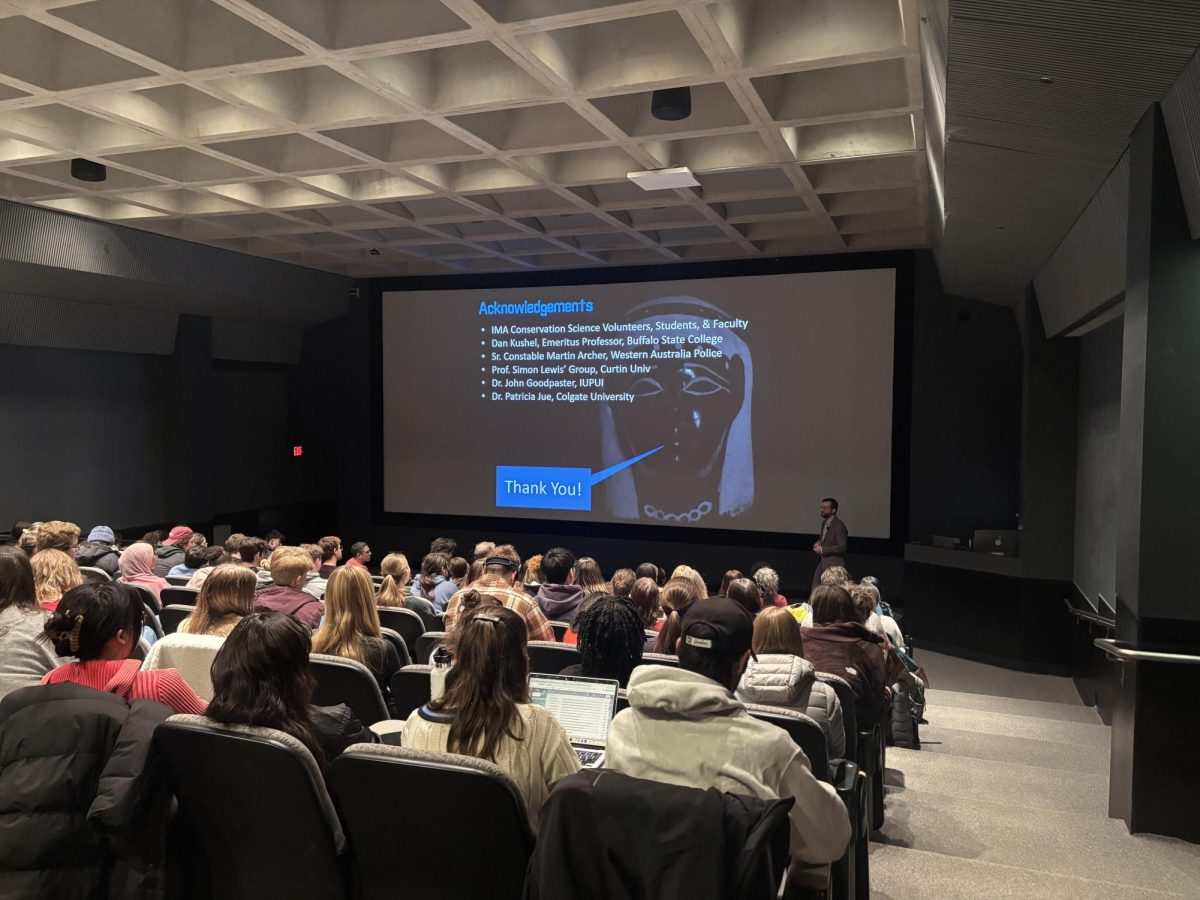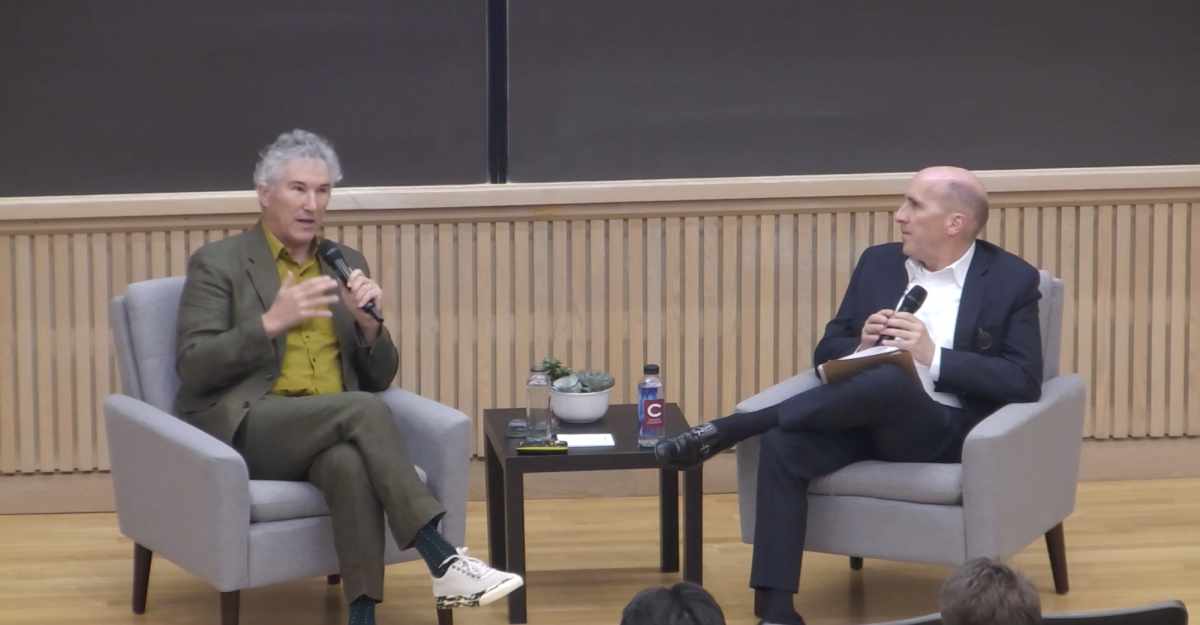An anticipated, once-a-semester process full of highs and lows, course registration at Colgate University ran from Monday, Nov. 11 to Friday, Nov. 15. Many students throughout past semesters turned to pre-registration to avoid feeling overwhelmed and unprepared. The political science and international relations (IR) departments, however, have recently dropped their pre-registration programs.
While the lack of pre-registration for political science or international relations classes might come as a disappointment to students, faculty in both departments devoted time and thought to making their decision.
Valerie Morkevičius, associate professor and department chair of political science, explained what faculty took into account and how they prioritized student needs after receiving concerns from students about inequities caused by pre-registration that were communicated to the University’s Academic Affairs Board and the Registrar’s Office.
“The faculty of the political science department began a year-long discussion of our process, which resulted in a shift to a new system based on reserved seats for [political science] and IR majors,” Morkevičius said.
Morkevičius shed light on what the new system looks like.
“A small number of seats will be held in introductory courses for majors [and] a majority of seats in 300- and 400-level courses will be reserved for majors,” Morkevičius added. “The primary difference is that within class years, students will now register based on their surname’s position in the alphabet.”
Morkevičius emphasized the minimal effect of the switch.
“This switch does not affect minors, as they were never able to pre-register. For majors, the effect of the switch will be minimal. Pre-registration in the past was scheduled by class year, which parallels the structure of general registration,” Morkevičius said.
Despite this assurance that the change was minimal, many students felt dismayed with the change. While spots will still be set aside for political science or IR majors in general, students are no longer able to reserve their individual spots. Students will no longer have the confidence of having a spot going into normal registration. Sophomore Tucker McPartlin expressed hesitations with scrapping pre-registration altogether.
“I think other potential reforms to the pre-registration system would have been a better change to the existing system. The elimination of pre registration won’t solve more problems than it will create,” McPartlin said.
Sophomore London Pettibone shared concerns for her ability to take classes in the future, and the possibility of competing for remaining, non-reserved, slots with those outside of the political science department.
“It’s frustrating because I’ll be competing for classes with people who have no intention of majoring in political science,” Pettibone said. “I understand it’s nice to explore different departments, but it sucks that now negatively impacts my academic plans.”
Morkevičius underscored some of the behind-the-scenes flaws with pre-registration in order to expand on the decision.
“With our pre-registration structure, students’ ability to access a seat was based on a certain amount of randomness in terms of how dozens of emails sent at the same moment were ordered in the department’s inbox, given that most students seemed to use Gmail’s schedule-send to place their requests at the exact moment pre-registration opened for them,” Morkevičius said. “Not all students were able to pre-register for their preferred courses because some courses filled very quickly, but this element of randomness made the process less transparent than the ordinary registration process.”
Editor’s Note: A previous version of this article included information implying that the Student Government Association was officially involved in the discussions surrounding the changes made to the political science and international relations registration process for students majoring in these disciplines. This article has since been updated.













